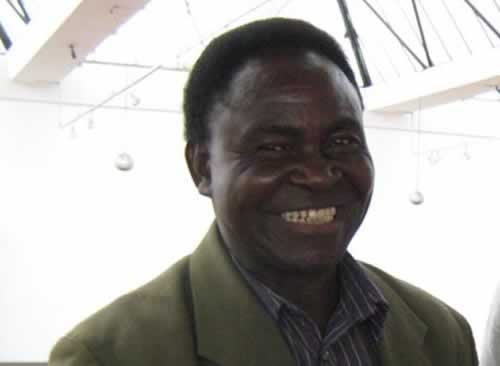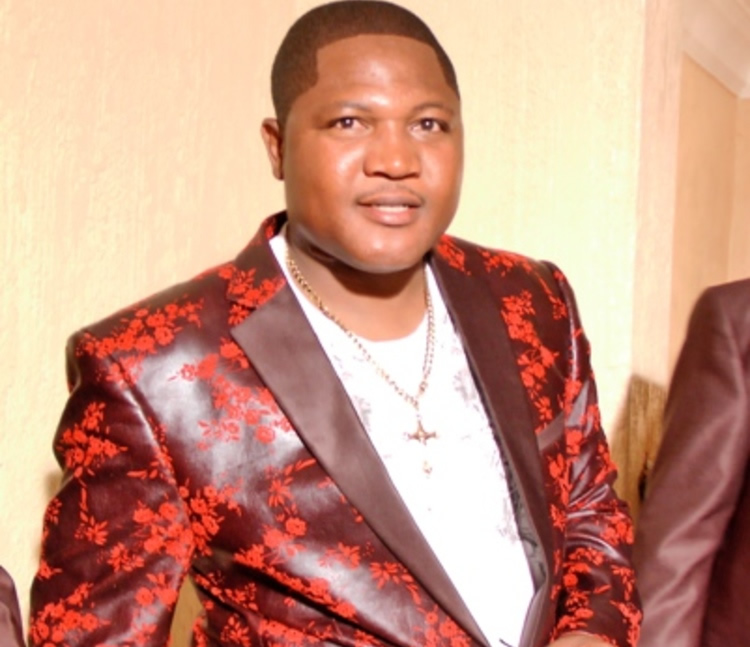Zim literature operating at zero profitability?

Stanel;y Mushava Literature Today
The last time I was in a bookshop I bought a book which has sold 20 million copies in series. According to the laws of the country, copyright infringement is punishable by a US$250 000 fine.
Prolific novelist, playwright and screenwriter Aaron Chiundura-Moyo has indicated that he will cap his pen and pursue other interests if nothing is done to demobilise piracy.
Piracy has emerged as the principal death-knell for the arts sector.
Literature has been grounded to zero profitability, no significant measures having been entered into force to protect the authors.
Major publishers have remained buoyant largely from textbook revenue but for creative writers, times have never been more austere.
Moyo, far and away one of the more accomplished artistes, revealed that his 14 books have collectively earned him less than US$400 from 2000 to date.
Put differently, the author has earned in approximately 168 months the amount a disgruntled civil servant normally gets in one month.
One can only surmise with Geoffrey Chaucer, “If gold rusts, what will iron do?” considering that Moyo is one of the established writers and privileged few whose works have been selected as set-texts for schools.
In 1991, Moyo’s play “Kuridza Ngoma Nedemo” raked in around $20 000 (local currency) in royalties.
However, the dramatist produced a slip sent by his publishers showing that one of his more popular works had earned US$25, far below the minimum retrievable amount last year.
Moyo, who recently completed his 15th work titled “Kereke Inofa”, indicated that the release of the project could as well put the stamp on his 40-year career if the industry is not reconfigured to favour content-creators.
Literature Today engaged Moyo on issues assailing the book sector and the possible solutions.
Piracy
The reception of literature has taken a slump with new media constantly trending in. Piracy has claimed even the writers’ measly share.
Moyo is of the view that literature, as a durable art form, does not face extinction.
“What has changed is its availability and the way it is now being assessed. Whereas publishers were the traditional sources of literature, an illicit industry has emerged with the sole function of selling stolen works,” Moyo said.
“I have engaged police and parent ministries on the problem. I have observed that they are not even in consensus among themselves that piracy is a crime. Some chefs see it as a form of employment while others are discreetly involved,” he said.
“Schools are the biggest letdown. We have a situation whereby a school buys one original copy of a book and photocopies it for the rest of the students.
“Instead of authors and publishers getting their dues from proper sales, the school or the individual who owns the photocopying machine or scanner pockets our profits.
“Then there are fake publishers who are contracted to supply schools with textbooks at a cheaper rate than the authentic publishers.
“Of course, it’s feasible for them to mark down the prices of the books because they do not have the burden of royalties, taxes and other costs saddled by the original publisher.
“All they have to do is to obtain a master copy from the original publishers and break it into hundreds of copies.
“Now, there can only be one name for all this: Umbavha! This is sheer criminality and must be treated as such,” he said.
Self-Publishing
Low sales have led publishers to reject works from established and upcoming authors, notwithstanding individual merit, as an undesirable liability.
This has given rise to self-publishing as writers stake their claim to having their voices heard whatever the impediments in the book value chain.
Moyo acknowledged the importance of the phenomenon in sustaining creativity but has reservations, considering the compromised quality of the emerging projects.
“Yes, publishing has never been easier. It no longer requires passing through the prohibitive bureaucracy older writers had to endure to see their works in print.
“However, my reservation is on whether the new authors are living up to the same standards set by the preceding generations. In my opinion, they are not,” Moyo said.
“There are book launches everywhere but the quality of these new works is something else compared to what used to obtain when one had to pass through a rigorous screening and editing process, with a number of scholars and editors between them and the printing press.
“The glamour of yesteryear literature is nowhere in these new works except for rare exceptions. Some of the authors use uncensored street language without regards for societal values,” he said.
Acculturation
The virtual shutdown of the domestic sector has facilitated the preponderance of foreign texts.
The bulk of these have nothing to offer in terms of cultural value enhancement. A significant chunk thrives on eroticism and other base appeals.
Local languages are also wilting, in the absence of a vibrant industry to grow them, regardless of the official recognition they were recently accorded in the new, people-driven Constitution.
Moyo thinks the amplitude of the problem cannot have been done away with the mere stroke of a pen but a wide-scale change of attitude.
Most of the Government officials who must be championing the language crusade, he said, are mentally colonised and it will take sustained effort to rouse them from the slumber of foreign education.
“Last week I was in Chivi for a developmental seminar. The Japanese ambassador made his presentation in laboured Shona which was a laudable effort on his part,” Moyo said.
“Ironically, our own minister’s turn came, he chose to impress the villagers with his English.
“Instead of exporting our own languages to the world, our own entertainment sector is becoming a cocktail of Congolese, Jamaican, Nigerian and American influences.
“Tongai Moyo had to adopt the name Igwe because of the influence of Nigerian movies. Yet his own language has equally royal names like Shangwiti, Hwereshenga and Ishe.
Digitisation
Moyo clarified the extent of his involvement in e-book initiatives which are emerging in response to the digital migration of readers.
“I have to be clear on this one. The rights to all my works are jointly held by the publishers and myself. There is no way I can unilaterally cede them to a third party.
“Yes, I have been approached by a number of companies in pursuit of the digital rights of my works.
“However, I am not in a position to grant them that. It is up to the publishers, to give the green light. In fact, it has to be a joint contract.
“I have only committed to one digital hub in the event that I produce entirely new works but nothing is concrete yet,” he said.
Closing In
There have been several shortlived campaigns against piracy which have been generally non-events.
Authorities seem to be in consensus that piracy is a point of no return. Professor Fred Zindi, a noted music critic, recently eulogised the tamper-proof vinyl record as the golden age of music.
However, technology being a watch whose hands no one can impel anti-clockwise, there is need to shrug off effortless nostalgia and stake a claim in the dynamics of the day.
Where legislation is lax and law enforcement is slack, both can be called to order. Technology is neither an invincible behemoth nor is it inherently prejudicial of art.
The last time I was in a bookshop I bought a book which has sold 20 million copies in series. According to the laws of the country, copyright infringement is punishable by a US$250 000 fine.
The authors are living of their work while our own sector is in shambles. Local publishers are not utilising universally accessible digital tools to generate an international audience for their authors.
Moyo believes that a joint effort can still be summoned to tame technology to the benefit of authors and publishers.









Comments